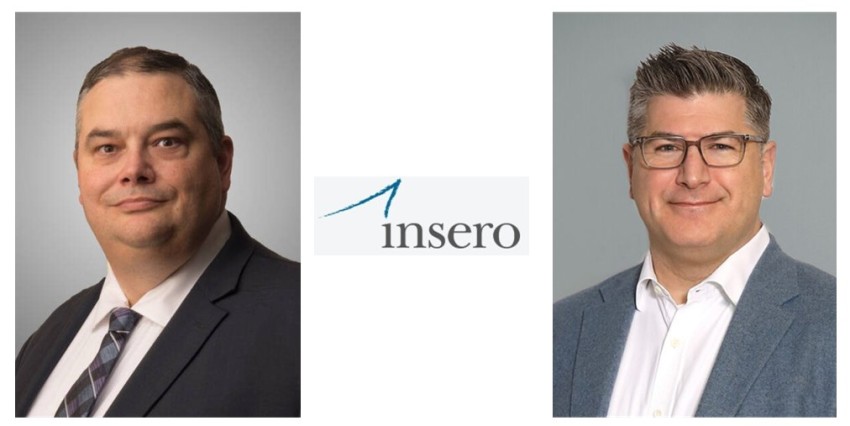Council Information
What is Estate Planning?
Estate Planning is a process, undertaken during your lifetime, to develop and implement certain plans and strategies that will provide for the efficient distribution of your estate/legacy during your lifetime or after you're gone. Developing your strategy will provide for the future of your heirs and control the distribution of your assets. Your estate planning team usually conists of a variety of professionals, including lawyers, financial advisors, life insurance professionals, charitable advisors, and accountants.
Common Definitions
After an individual's death, assets will be gathered, business affairs settled, debts paid, necessary tax returns filed, and assets distributed as the deceased individual (generally referred to as the "decedent") directed. These activities generally will be conducted on behalf of the decedent by a person acting in a fiduciary capacity, either as executor (in some states called a personal representative) or as trustee, depending upon how the decedent held his or her property.
It is helpful to know the meaning of a few common terms:
Fiduciary
An individual or trust company that acts for the benefit of another. Trustees, executors, and personal representatives are all fiduciaries.
Grantor
Also called "settlor" or "trustor," an individual who conveys property by means of a trust; the person whose wishes are expressed in the trust.
Testator
A person who has made a valid will.
Beneficiary
A person for whose benefit a will or trust was made; the person who is to receive property, either outright or in trust, now or later.
Trustee
An individual or trust company that holds legal title to property for the benefit of another and acts according to the terms of the trust.
Executor
Also called "personal representative," an individual or representative who settles the estate of a testator according to the terms of the will.
Principal and Income
Respectively, the property or capital of an estate or trust and the returns from the property, such as interest, dividends, rents, etc. In some cases, gain resulting from appreciation in value may also be income.
As a general rule, the administration of an estate after an individual has died requires the fiduciary to address certain routine issues and follow several standard steps to distribute the decedent's assets in accordance with his or her wishes. These guidelines focus on activities that occur in an estate or trust immediately after the individual has died.
